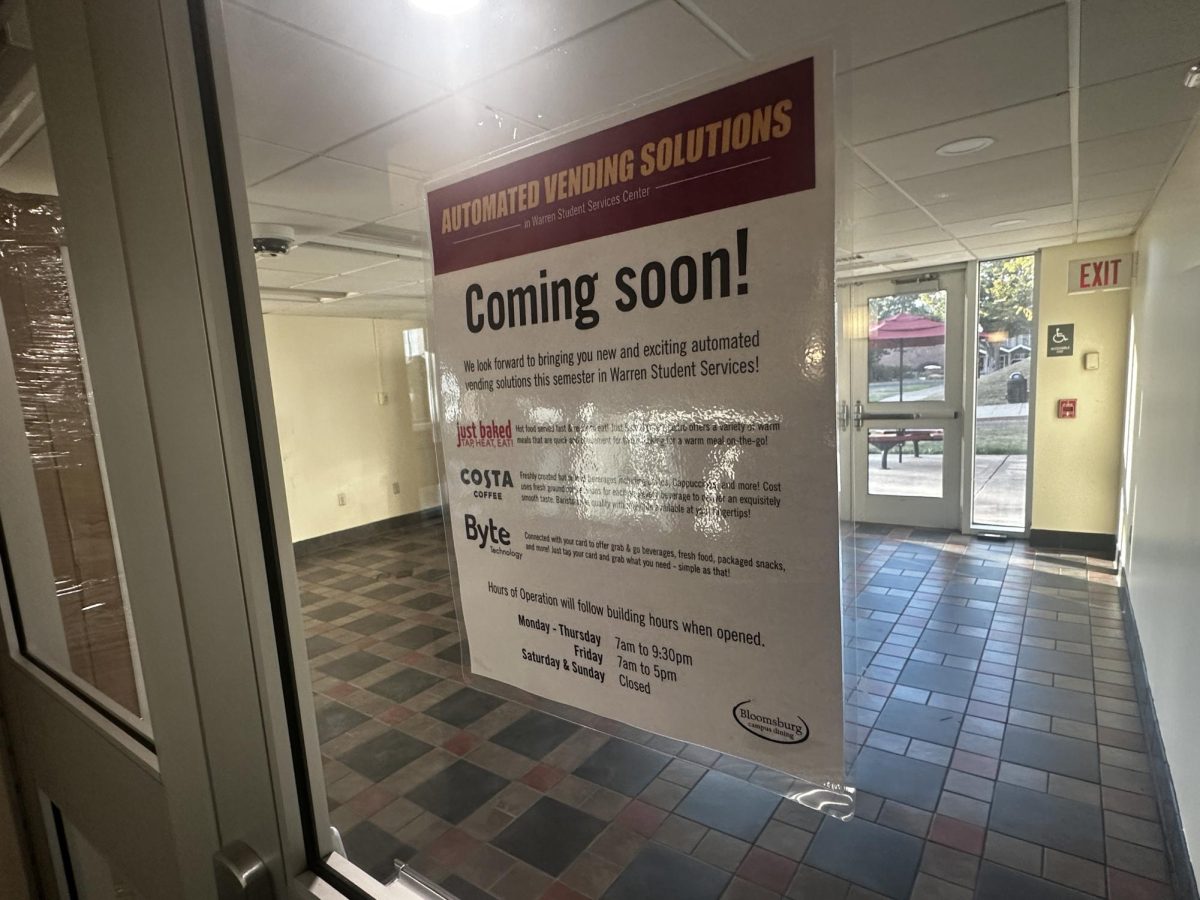It’s an unfortunate fact of modern America that college students are mostly broke, and therefore need part-time jobs. For most of those college students, those part-time or sometimes full-time jobs are often in retail. Whether or not the job ends up feeling a little more or less stressful for the worker depends almost entirely on the customers they interact with. Since today’s society believes the customer is always right even when they’re not, let’s look at some of the reasons why so many retail workers end up on anxiety meds simply over a minimum wage job.
1) Just Because You Bought It Once: This is a common thing that retail workers deal with on an almost daily basis. What might have been a household item 20 years ago that was sold all over the state might, today, be a relic of the past. I’ve had customers insist that I still sold the same item that they purchased once 5 years prior to their current visit, and when I told them that, like many small businesses, the manufacturer likely didn’t exist anymore, they simply scoffed and proceeded to come in over the next three days until a manager who was much older than me told them the same thing I did. Another customer became livid after discovering that, no, we don’t carry the bags for your 15-year-old vacuum cleaner anymore, please stop opening all of the packaging.
2) The Price Is Usually Right: This is common in larger retail outlets like Wal-Mart. If a customer finds an item at one price tag and it rings up at a different one, a civil discussion and someone in management witnessing the mistake in pricing is all that is needed to resolve the issue and sometimes see to it that the customer ends up with a discount. However, more and more customers are learning that managers don’t like angry customers, and to ensure they get that money off, even it’s just five dollars, they begin cursing, screaming and generally reducing themselves to five-year-olds for an extra couple bucks off a toaster oven. This isn’t funny. It’s not clever. It is, however, a great way to get employees in trouble or possibly even fired because you threw such a huge tantrum.
3) No Hidden Gems: Unless you stopped a brand-new employee, chances are that most people you will ask for help while shopping have been in the store long enough to know how the back room works. Most retailers try to keep a little in the back room as possible because it costs more money to store an item for a month than it does to get it straight to the sales floor where you can buy it. So if you really, really need to have that four-drawer dresser in espresso, not oak or white, and I tell you it’s not in the back room but will be delivered in the next week or so, don’t ask if I’m certain or ask to speak to someone who might know better. Chances are they are going to tell you the exact same thing I did, or they’re going to defer to the employee who works in that department: me.
4) One Person A Store Does Not Make: A customer is waiting for something at a service station (fabric cutting, jewelry, paint mixing) and sees an employee walking by, who then pages for someone to help the customer. Nobody shows up, page again, customer has been waiting ten minutes, then 15, because the actual employee who works in that area is on their lunch. Then the customer decides that the person who does come to help them should be subjected to a terrible attitude and be informed that they’re terrible, the store is terrible, everybody who works there is so rude to not help and that everybody is supposed to be able to do everything there. That’s not how anything works. Not even managers are able to do everything, and they get the big money. Yes, a 20-minute wait is ridiculous for a yard of cotton, but just like a surgeon is not also the anesthesiologist and the tech and the nurse, a retail worker has no obligation to be cross-trained for jobs that are outside of their employee contract.
In conclusion, the narrative of today’s retail world—that customers are always right even when they’re blatantly wrong—is incredibly detrimental to the retail workers and even to the customers themselves. It has turned generations of shoppers into extremely entitled jerks who then raise entitled jerks who think they’re always right while the previous generation laments that younger people are so entitled. Being a decent person isn’t hard, and when almost 8 million Americans were working retail in some capacity in 2015 alone, don’t you think it would be a better idea to treat them with a little respect? After all, they’re really just doing the job that you demand of them.






















